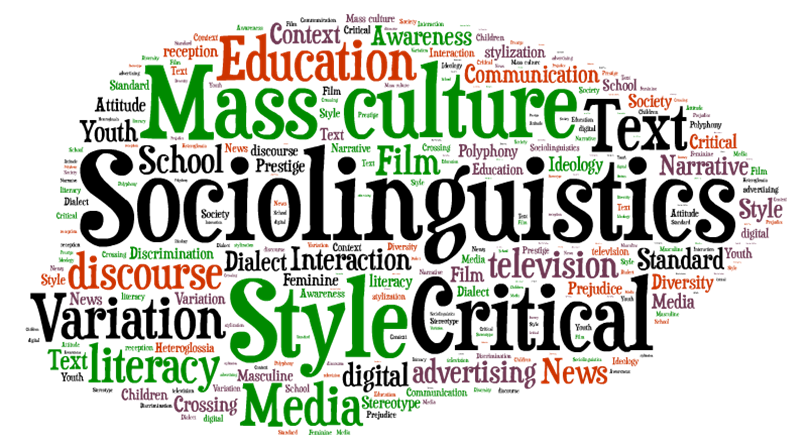 Sociolinguistics means investigating the relationships between language and society and inspecting the various functions of language in society. Language and society are related in many ways:
Sociolinguistics means investigating the relationships between language and society and inspecting the various functions of language in society. Language and society are related in many ways:
- social structure may influence/determine linguistic structure and linguistic behaviour (language varies according place of origin, age, social class, style, medium, gender…);
- linguistic structure and behaviour may influence/determine social structure (a particular accent may convey a particular social or ethnic identity).
Sociolinguistics allows us to better understand the structure of language and how languages function in communication.
Sociolinguistics is oriented toward both data and theory: any conclusion a sociolinguistic draws must be solidly based on evidence. If a sociolinguist seeks to investigate the possible relationships between language and society must ask good questions, first, and then must find the right kinds of data that bear on those questions.
Since sociolinguistics is of necessity an empirical science, it has to be founded on adequate databases. Oral archives might be exactly one of the most relevant databases used in the research, allowing for socio-phonetics investigations and historical sociolinguistic analysis (under the ‘real-time’ paradigm)..
